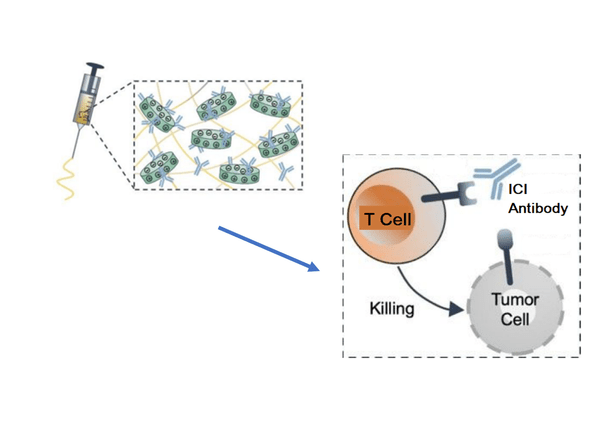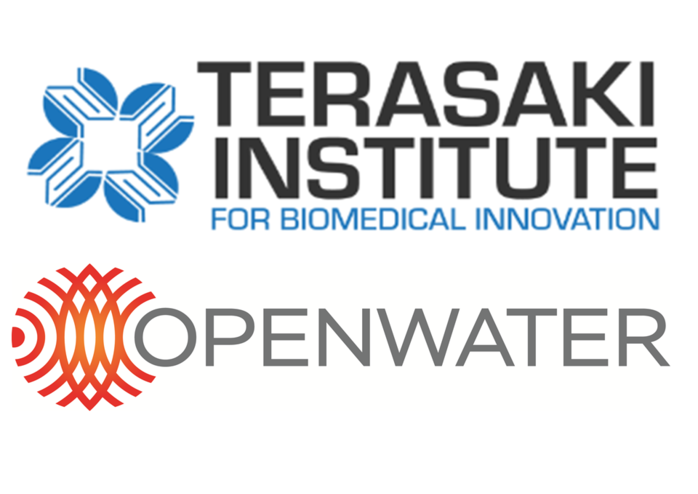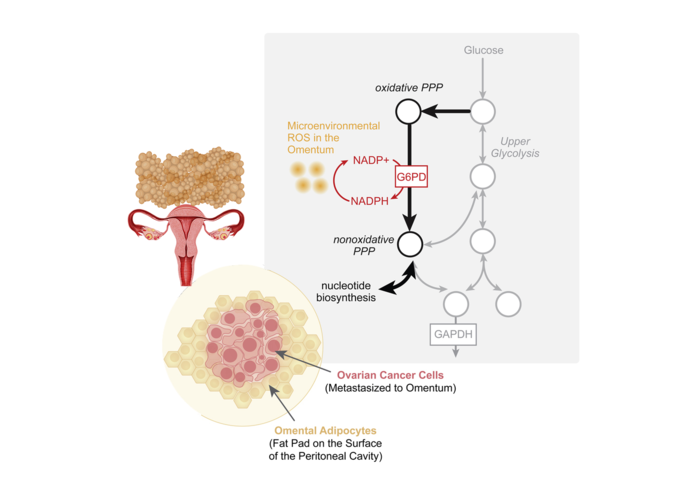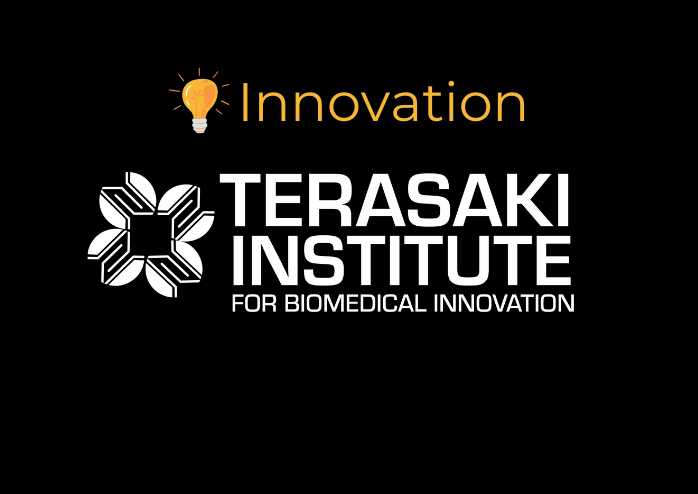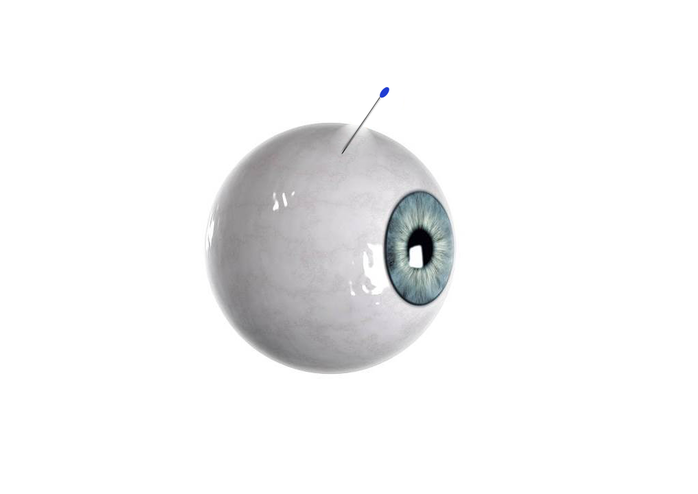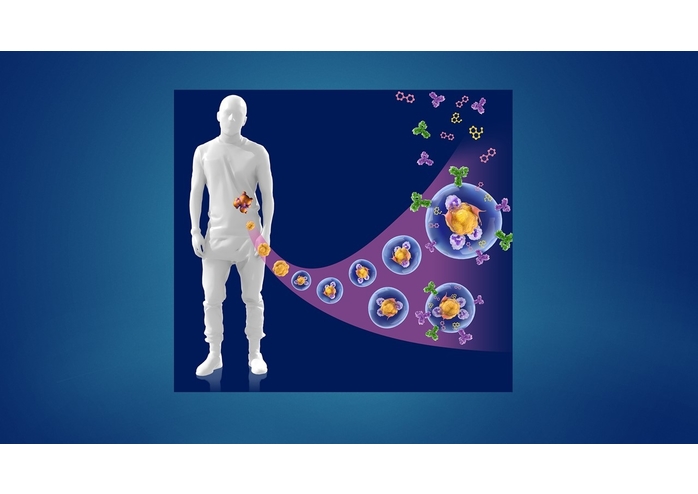Destroying Tumor Cells: Targeted Immunotherapy Using Injectable Materials
August 1, 2022
(LOS ANGELES) – Researchers at the Terasaki Institute for Biomedical Innovation (TIBI) have developed and optimized a minimally invasive method for more targeted, efficient, and sustained delivery of immunotherapeutic treatments for cancer. Such a targeted approach cuts down on the higher dosages and possible deleterious side effects that are experienced when more systemic treatment methods are employed.


